Hot Flashes – Feeling the Heat

4 Powerful Tips on Menopause and Hot Flashes
Hot flashes, those sudden, intense surges of heat that wash over the body, are a hallmark experience for countless women navigating the complex transition of menopause. More than a mere fleeting discomfort, these episodes can profoundly disrupt sleep, destabilise mood, and significantly diminish overall quality of life. The sensation, often likened to a relentless rapidly and often accompanied by profuse sweating, visible flushing, and a disconcerting increase in heart rate. While menopause stands as the most prevalent instigator, it is crucial to acknowledge that hot flashes can also stem from a variety of other sources, including certain medications, underlying medical conditions, and even specific lifestyle choices.
To effectively manage these disruptive episodes, a deep understanding of the underlying physiological mechanisms is paramount. Primarily, hot flashes are intrinsically linked to the dynamic fluctuations in oestrogen levels that characterise perimenopause and menopause. These hormonal shifts directly impact the hypothalamus, the brain’s intricate temperature regulation centre. As oestrogen levels decline during these transitional phases, the hypothalamus becomes increasingly sensitive to even the slightest variations in core body temperature. This heightened sensitivity can precipitate a cascade of physiological events, most notably the dilation of blood vessels near the skin’s surface, resulting in the characteristics warmth and flushing that define a hot flash.
While hormone therapy remains a clinically recognised and often effective treatment option for mitigating hot flash symptoms, a growing number of women are actively seeking alternative, natural approaches to alleviate their discomfort. This preference stems from a heightened awareness of the potential side effects associated with hormone replacement therapy and a growing inclination towards holistic wellness strategies. This comprehensive guide delves into a detailed exploration of practical lifestyle adjustments, targeted dietary modifications, time honoured herbal remedies, and other natural strategies that can empower women to effectively navigate the thermal tide of hot flashes and reclaim their sense of well-being. For more information on all things menopause, take a look at https://menopausestudio.co.uk/
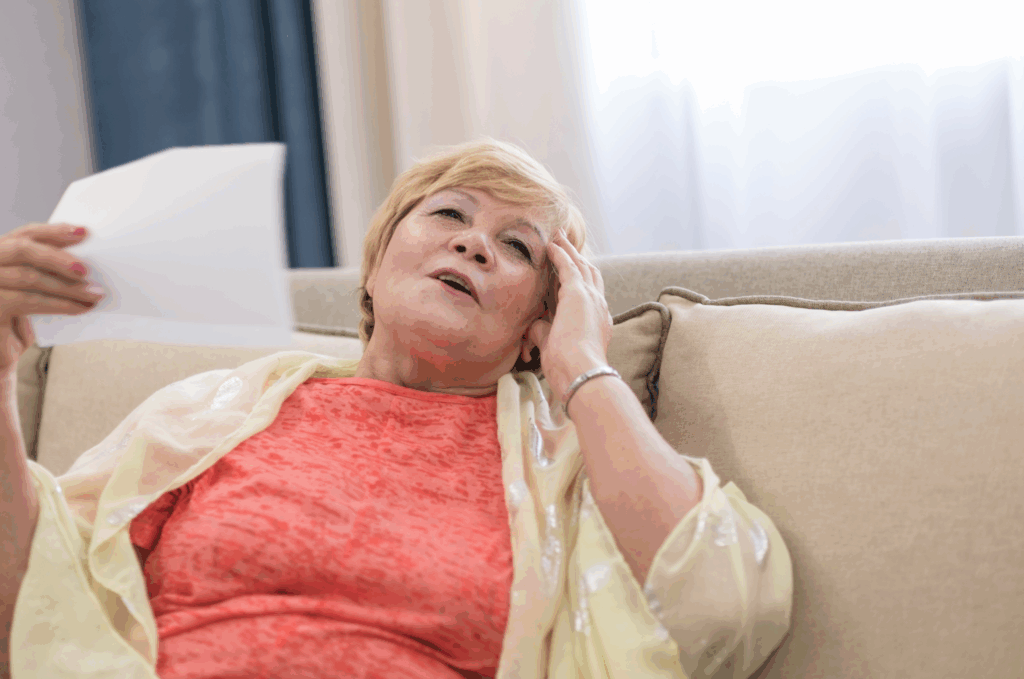
1. Menopause Lifestyle Modifications
Empowering Menopause Control through Daily Habits
The cornerstone of successful hot flash and menopause management lies in the adoption of lifestyle changes that empower individuals to take control of their environment and their body’s physiological responses.
Strategic layering, clothing choices play a pivotal role in managing thermal discomfort during menopause, opt for breathable, natural fabrics such as cotton and linen, which allow for optimal air circulation and moisture absorption. Embracing a layered approach to dressing allows for easy adjustments as needed, providing immediate relief when a hot flash strikes. This simple yet effective adjustment can significantly enhance comfort and reduce the intensity of the experience. https://fiftyoneapparel.com/pages/about
Creating a cool oasis, maintaining a consistently cool ambient temperature is paramount for minimising hot flash frequency and severity. Utilise fans, air conditioning systems and open windows to promote continuous circulation of fresh, cool air. Consider lowering the thermostat, particularly during night time hours, to create an optimal environment for restful sleep. Cooling pillows or mattress toppers, designed to regulate temperature and wick away moisture, can also prove invaluable.
Identify and avoiding triggers, menopausal hot flashes are often triggered by specific stimuli, which can vary from person to person. Common culprits include spicy foods, caffeine-laden beverages, alcoholic drinks, and heightened stress levels. Maintaining a detailed journal to meticulously track hot flash episodes, including associated circumstances and potential triggers, can provide valuable insights. Once identified, consciously avoid, or minimise exposure to these triggers to reduce the likelihood of experiencing a hot flash.
The power of relaxation, stress is a well-documented exacerbating factor for hot flashes. Incorporating regular relaxation techniques into your daily routine can significantly reduce their frequency and severity. Deep breathing exercises, mindfulness meditation, and restorative yoga practices promote a sense of calmness and balance, helping to regulate the body’s response to hormonal fluctuations and minimise stress-induced hot flashes. https://themenopausecharity.org/2023/03/17/breathing-techniques/
Embracing regular exercise, physical activity is a cornerstone of overall health and well-being, and it plays a crucial role in managing hot flashes. Aim for at least 30 minutes of moderate-intensity exercise on most days of the week. Exercise helps regulate body temperature, reduces stress levels, promotes better sleep quality, and contributes to overall hormonal balance. https://www.bupa.co.uk/newsroom/ourviews/menopause-exercise
Weight management, maintaining a healthy weight can significantly alleviate hot flash symptoms. Even modest weight loss can make a noticeable difference in reducing the frequency and intensity of hot flashes. A balanced diet, rich in nutrient-dense foods, coupled with regular exercise, is essential for achieving and maintaining a healthy weight.
2. Dietary Adjustments
Nourishing the Body from Within
Dietary modifications can play a pivotal role in managing hot flashes by supporting hormonal balance and promoting overall well-being.
Harness the power of phytoestrogens, which are naturally occurring plant-based compounds that mimic the effects of oestrogen, can help mitigate hot flash symptoms. Incorporate phytoestrogen-rich foods into your daily diet, such as soybeans, chickpeas, lentils, flaxseeds, and whole grains.
Soy isofavones: Soy products, renowned for their high isoflavone content, have been extensively studied for their potential to reduce the frequency and severity of hot flashes. incorporate tofu, tempeh, and edamame into your regular meal planning. Found in soy products, these may help reduce the frequency and severity of hot flashes.
Limit trigger foods, along with identifying your own triggers, limiting refined sugars, processed foods, and excessive amounts of red meat can also help in deducing hot flash frequency.
3. Herbal Remedies
Exploring Nature’s Pharmacy
Herbal remedies have been used for centuries to address a wide range of health concerns, including menopausal symptoms.
Black cohosh, this herb is traditionally used to relieve menopausal symptoms and may offer relief from hot flashes. However, it is crucial to consult with your healthcare provider before using black cohosh, as it may interact with certain medications and may have potential side effects.
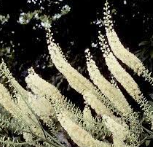
Red clover, contains isoflavones, may help reduce the hot flashes. However, more research is needed to confirm it’s effectiveness.
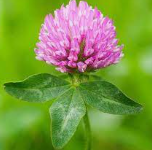
Dong quai, a staple in traditional Chinese medicine, is used to treat menopausal symptoms. Consult with your healthcare provider before using dong quai, as it may interact with certain medications.
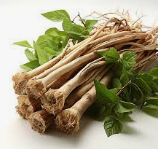
Evening primrose oil, may improve the quality of life for menopausal women, although it’s effect on hot flashes is not fully established.
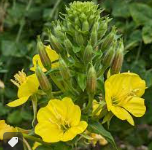
Valerian root, known for it’s calming properties, can help with sleep disturbances associated with hot flashes.
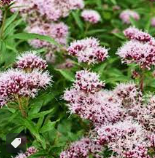
The importance of professional guidance, while natural remedies offer promising avenues for managing hot flashes, it is crucial to consult with your healthcare provider before embarking on any new treatment regimen. This is particularly important is you are taking medications or have an underlying health condition. Your healthcare provider can assess your individual needs, recommended the most appropriate course of action, and ensure your safety.
4. Other Natural Approaches
Holistic Strategies for Relief
Beyond lifestyle and dietary changes, other natural approaches can provide relief from hot flashes
Acupuncture, is a traditional Chinese medicine technique involves inserting thin needles into specific points on the body. Some studies suggest it may be helpful for hot flashes.
Mind-body practices, techniques like hypnotherapy and biofeedback can help you gain control over your body’s response to hot flashes. These practices empower you to manage stress and regulate body temperature. For more on hypnotherapy visit https://artemizhypnotherapy.co.uk/
Cognitive behavioural therapy (CBT), this is a talking therapy that can help to manage thoughts, behaviours, feelings and senses. It’s commonly used to treat anxiety and depression. Visit https://menopausestudio.co.uk/free-resource-list/cbt-cognitive-behaviour-therapy/
Neuro Linguistic Programming (NLP), is a method of personal development and communication that explores relationships between our thoughts, language and behaviour, such as a limited belief.
Facial Massages – Holistic deep facial massage, light therapy, ant-ageing facials, rosacea facial, chemical solution facial, anti-blemish facial, and a vitamin C facial are all popular and practical approaches for addressing scarring and combating the signs of ageing, and loss of collagen offering a holistic and non-invasive way to rejuvenate the skin during menopause and postmenopause.
Body Massages – Full body massage, lava shell massage, sports massage, deep tissue massage, and other massage treatments, also help whilst navigating the menopause and postmenopause.
For more information on facials and massages, visit https://totalbodyandmind.co.uk/
A Journey of Self-Discovery and Empowerment
Managing my menopausal hot flashes was a deeply personal journey for me, and what works for one women may not work for another. be patient, persistent, and proactive in your approach. Experiment with different strategies, meticulously track your progress, and adjust your plan as needed. Embrace this phase of life as an opportunity for self-discovery and empowerment. By adopting a holistic approach that encompasses lifestyle modifications, dietary adjustments, and natural remedies, you can navigate the thermal tide of hot flashes with greater comfort and ease, reclaiming your well-being and vitality. https://menopausestudio.co.uk/free-resource/. As your online menopause coach, I’ll be right there with you, every step of the way.


